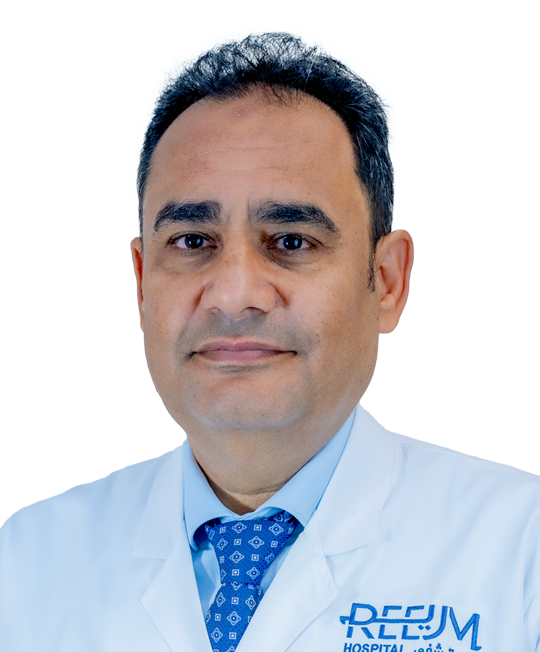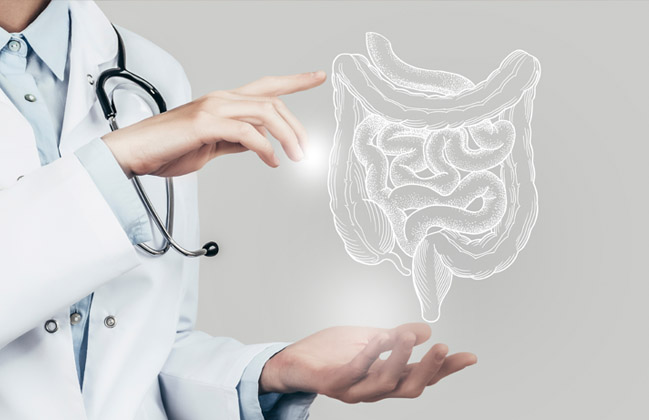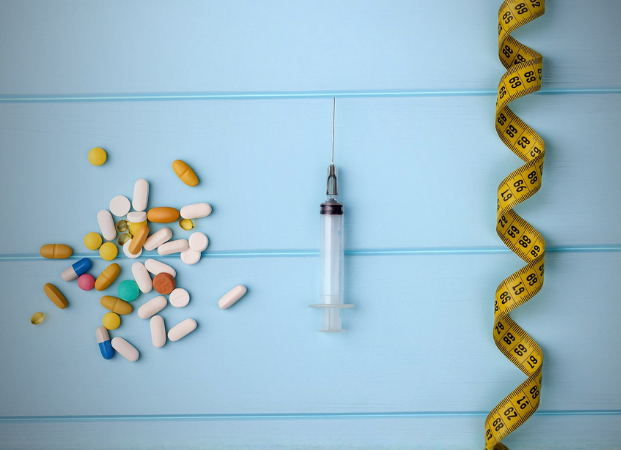What is Enlarged Prostate or Benign Prostatic Hyperplasia (BPH)?
Benign prostatic hyperplasia (BPH) is a non-cancerous enlargement of the prostate gland, located just below the urinary bladder, with the urethra (the tube connecting the bladder to the outside of the body) running through the middle of the prostate. It commonly affects men over 45 and can lead to various urination challenges.
Diagnosis of Enlarged Prostate
Diagnosis depends on symptom severity, medical history, and clinical examination. The doctor will assess your condition and may recommend one or more tests:
- Urine Flow Study: You’ll be asked to use a special bathroom where you will urinate into a funnel connected to a device that measures urine volume, flow rate, and duration. This helps assess the severity of your problem.
- Prostate-Specific Antigen (PSA) Test: A blood test that measures PSA levels, which can indicate prostate activity and help determine if enlargement is due to benign conditions or cancer.
- Imaging: Ultrasound or prostate MRI may be used to confirm the diagnosis.
 Patient Login
Patient Login






































































































